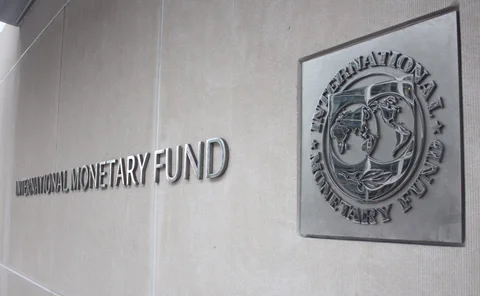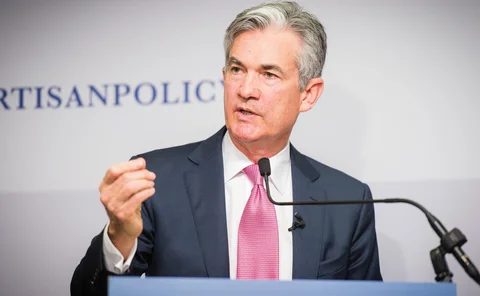Macroeconomics
IMF paper shows US monetary conditions impact EM leverage
Impact is more pronounced for firms that are dependent on external financing, authors find; sample shows financial conditions have the ability to influence borrowing constraints
Greek negotiations turn acrimonious amid debt relief freeze
ESM freezes debt relief measures for Greece, accusing government of breaking spending promises; European Commission’s Moscovici hits back at IMF criticism
Non-linear shocks create asymmetric policy impacts – paper
Bank of England working paper shows a shock to mortgage spreads has more of an impact on the real economy during periods of recession, with implications for policy
Netherlands paper exposes differing capital flows across EMU
Paper examines the mechanism behind divergence of north and south eurozone members, as capital flows caused external imbalances to move in opposite directions
IMF paper links Chinese growth to ‘drastic increase’ in inequality
Rapid growth in recent decades linked to rising economic inequality, with consumption and income inequality co-moving closely
IMF officials say they want less austerity for Greece, not more
Fund and European creditors still disagree on design of Greek programme, as IMF says fiscal targets must be realistic
Icelandic paper finds evidence of rising natural rate
Authors attempt the notoriously difficult process of estimating the natural rate, using various models; rate appears to be on the rise
BoE paper drops rational expectations to solve unemployment puzzles
Replacing rational expectations with adaptive learning helps fit the standard theory of unemployment to the data, economists find
IMF to tackle effects of globalisation in 2017
Fund says it will focus on bringing the benefits of globalisation and technology to a wider section of society, amid a populist backlash against openness
BoE’s Vlieghe dismisses neo-Fisherian idea that low rates cause low inflation
MPC member says “small minority” of academics who suggest lower rates may cause low inflation do not present particularly compelling arguments
Stiglitz urges central banks to focus on credit, not interest rates
Emphasis on interest rates ignores more important question of whether credit is getting where it is needed, Nobel economist argues
RBA paper asks why companies fail
Researchers find specific features of Australian companies make them more likely to fail
Israel’s red tape is bad for business – Flug
The Bank of Israel governor says cutting back on bureaucratic regulations could help the economy grow faster with little budgetary impact
Swiss paper shows macro impacts on two safe-haven currencies
Authors surprised to find no significant impact on franc or yen stemming from euro crisis; foreign macroeconomic data has asymmetric impact
Australasia has avoided stagnation trend – RBNZ’s Bascand
Different household behaviour in Australia and New Zealand appears to have contributed to higher growth and investment
BoJ paper designs new measure of trend inflation
Author’s measure reflects the weighted average of an adaptive component and a forward-looking component
Fed’s Powell sees China as major factor in global trade slowdown
Fed governor seeks to explain global trade slowdown, citing many factors but saying China “looms large” in the debate
Central banks should sacrifice some independence – Harvard economists
A group including the UK’s Ed Balls says central banks are losing legitimacy; handing over some “political independence” could reverse the trend without damaging policy outcomes
BIS’s Shin links dollar strength to global malaise
Head of research outlines how dollar strength affects leverage globally, causing deviations from covered interest parity and potentially impacting growth and trade
IMF paper seeks to quantify debt bias
Tax systems create “pervasive” debt bias, authors find, arguing for policy action before the problem worsens
Visco hits out at lack of ‘cohesion’ among Europe’s political leaders
ECB governing council member calls for targeted structural reforms in the euro area; says a euro area finance minister must have fiscal capability and not be “another referee”
RBA paper finds it is hard to pinpoint US productivity slowdowns
Break in productivity growth trend in US appears to have happened in early 1970s, although beliefs took three decades to fully adjust, authors find
SNB paper models ‘sticky consumption’ in Switzerland
Assuming consumption habits are slow to change helps produce more robust results than other methods, author finds
Fischer examines growth dilemma
Fed vice-chairman says behaviour of inflation and output as economy normalises may provide some answers























